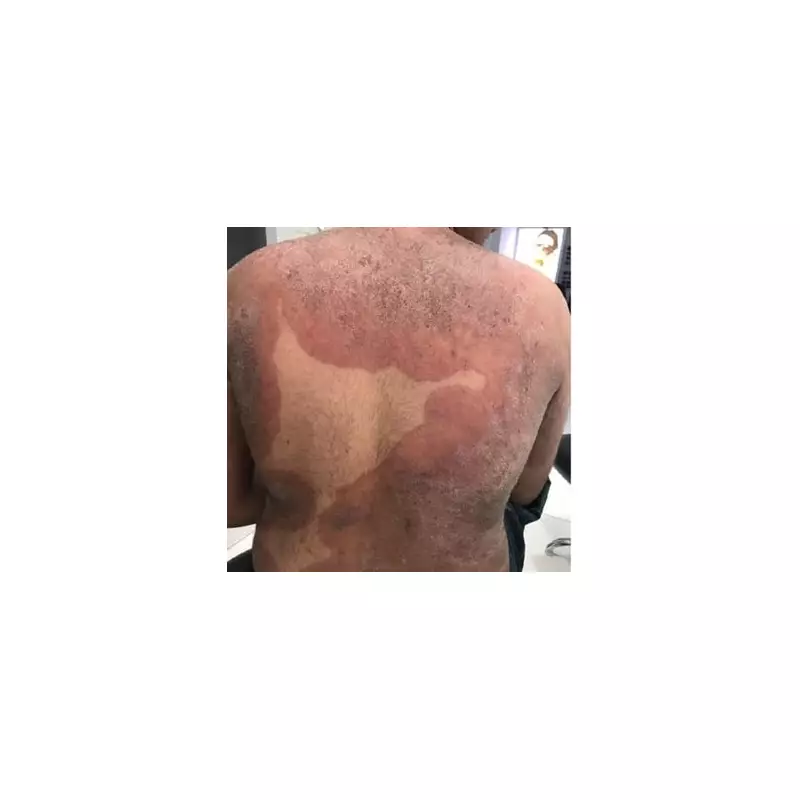
Alarming Surge in Drug-Resistant Fungal Infections Hits the UK
Health experts are raising the alarm over a dramatic increase in cases of a drug-resistant 'super fungus' spreading across Britain. The infection, known as Trichophyton indotineae, causes severe and unsightly skin lesions, particularly in the groin and buttock areas, and is proving difficult to treat with standard antifungal medicines.
What is Trichophyton Indotineae?
Trichophyton indotineae is a highly contagious fungal infection that results in a persistent and severe form of ringworm. Unlike common ringworm, this strain has developed significant resistance to most first-line antifungal treatments. The first symptoms typically appear as circular, rash-like lesions in the groin or on the buttocks, which can then spread to other parts of the body.
Professor Darius Armstrong-James, a leading fungal expert at Imperial College London, confirmed the growing crisis. "It’s becoming a really big problem in the UK," he told The Sun. "We don’t know how endemic, or pandemic, it will get here, but already, the growing frequency of new cases coming into hospitals is very concerning."
How Widespread is the Outbreak?
The situation has escalated rapidly. Cases of trichophyton indotineae have surged by nearly 500% in the past three years, a staggering increase for an infection that was virtually unknown in the UK until recently. While the infection was first identified and is widespread on the Indian subcontinent, it is now establishing a foothold in Britain.
Most worryingly, a UK Health Security Agency (UKHSA) alert revealed that as many as 74% of confirmed positive cases had no recent travel history to high-prevalence regions like South Asia. This indicates that local, community-level transmission is now occurring within the UK, likely fuelled by international travel introducing the pathogen.
The fungus spreads easily through skin-to-skin contact with an infected person. It can also be transmitted by touching contaminated surfaces, household items, or through sexual contact. Because of its resistance, sufferers can be afflicted for weeks while doctors search for an effective treatment.
National and Global Response
In response to the threat, the UKHSA issued a formal alert to medical professionals in May, advising them to consider T. indotineae in patients with persistent or recurrent ringworm that does not respond to standard treatment. The UK is not alone in facing this new health challenge; similar increases in cases have been reported in the United States, France, and Germany, pointing to a growing international issue.
With the number of infections rising sharply, public health officials and dermatologists are urging for increased awareness and vigilance to contain the spread of this tenacious drug-resistant fungus.






